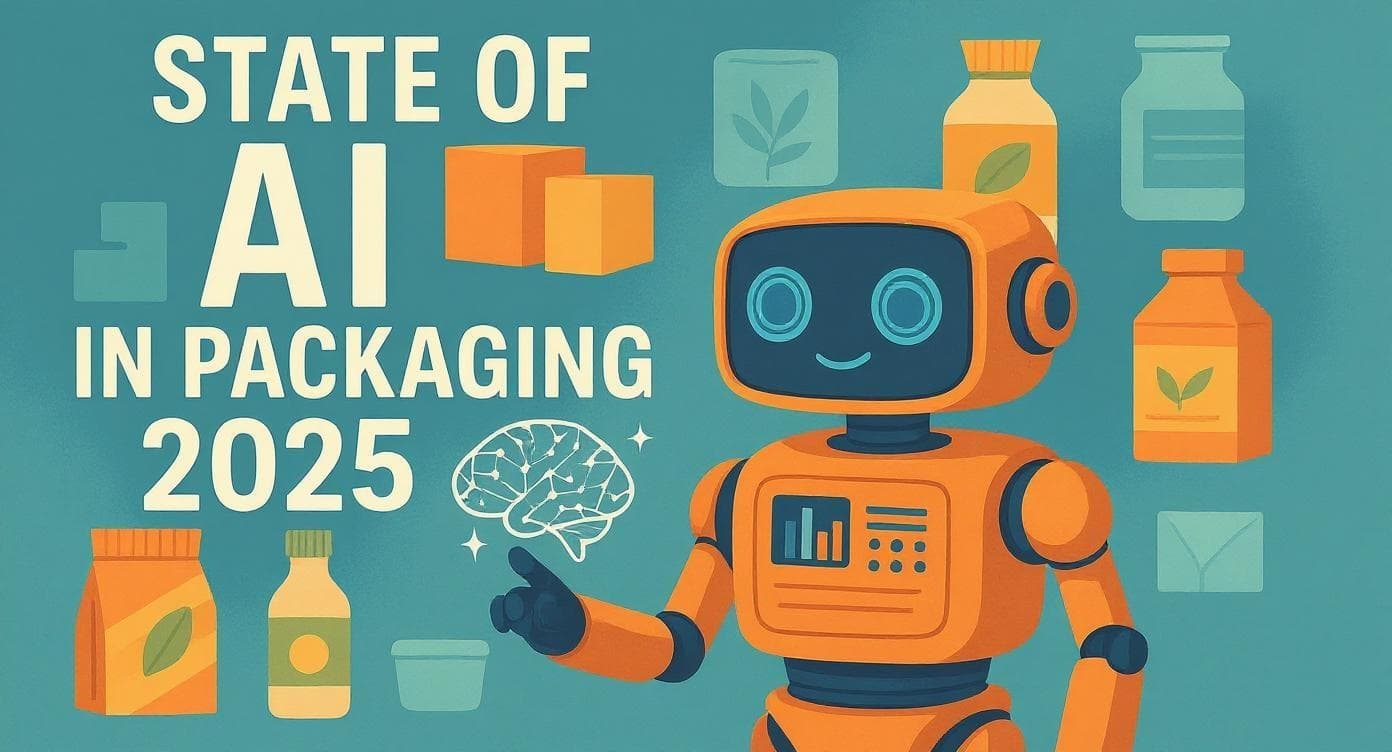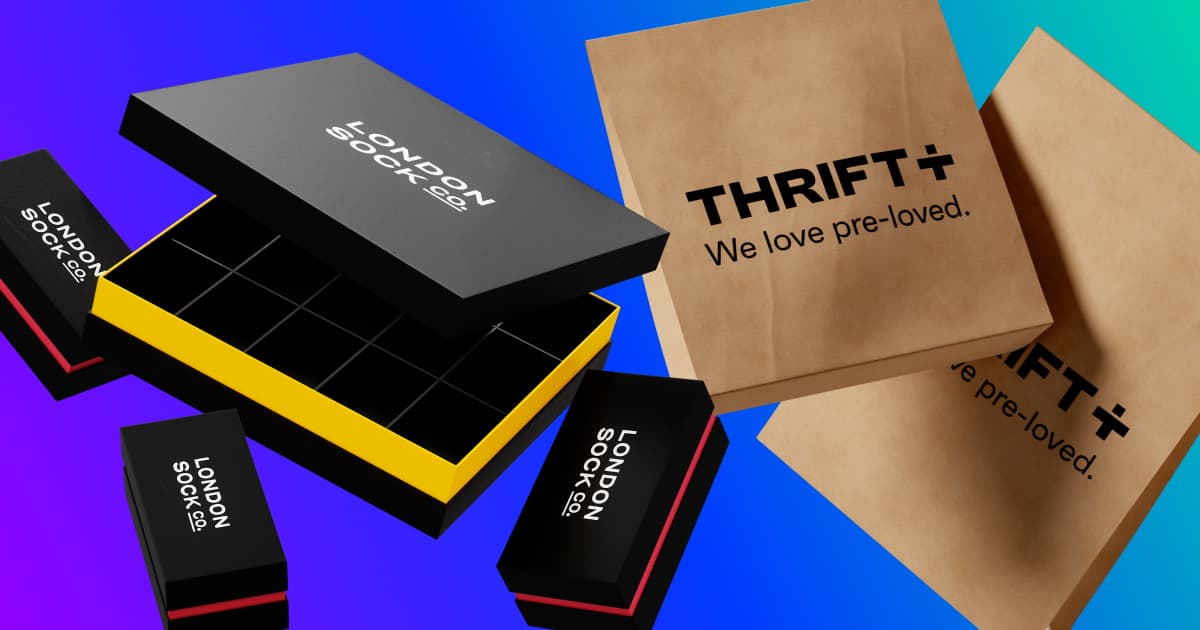Blog PostWhat it means to be a sustainable business
- Sustainability
- Innovation
Rachel KevernApril 6, 2021 - 5 min read

There’s no denying that sustainability can be a complex topic, but the aim is really quite simple. In essence, it’s about ensuring that the world can meet its needs both today and in the future. This all boils down to maintaining continual balance and stability of environmental, social and economic factors.
In this article, we'll explore what is sustainability in business and how it’s measured using Elkington’s Triple Bottom Line.
What is sustainability in business?
Sustainability in business means ensuring your business doesn’t have a negative impact on the environment or society.
Today it is common practice for a business to measure its performance using Elkington’s Triple Bottom Line framework, which has transformed business approaches over the last 25 years. Elkington’s Triple Bottom Line framework is made up of three pillars – planet, people and profit. In other words, assessing a business’s finances, its environmental impact and how socially responsible it is.
The trick to sustainability is adding value to each pillar without compromising the others. Planet, people and profit all need to be considered, managed and maintained, and this way of thinking should be integrated into an organisation’s purpose.
In reality, this simply makes good business sense. Adopting sustainable practices benefits businesses by ensuring their long-term viability. Minimising environmental disruption will lead to resilient supply chains and reduced operating costs; delivering social benefit will foster an engaged, motivated workforce; creating economic value will build a secure sustainable business within a stable community.
This approach has major implications for the way businesses make decisions and measure progress. In short, it means the old rulebook must be rewritten. The traditional single bottom line is just the tip of the iceberg. A business’ true worth is seen in the value it adds (or destroys) across each of the three pillars in Elkington’s Triple Bottom Line.
At Sourceful, this definition of sustainability sits at the core of everything we do, both for ourselves and for our clients. We believe in honesty and transparently assessing our progress against all three pillars, aiming to deliver benefits for at least two without negatively impacting the other. But what does this look like in action?
Planet
When thinking of sustainability, the environment will often be the first thing that comes to mind. This is with good reason, as the very public pressures of things like climate change, resource availability and waste disposal mean that this pillar receives a huge amount of attention. It’s also a crucial area for business. Emissions, waste, energy use, water consumption – these are just some of the vital factors that require careful consideration. But there are far more besides. A truly sustainable business can add value through schemes like reforestation or carbon capture; in some cases, the business model itself can create net gains for the environment by bringing new inventions and innovations to market.
For us, this is a major focus. We run a global supply chain, so our potential impact spreads far and wide. We take steps at every opportunity to assess and minimise the consequences of our activity as well as our clients’. Whether this is prioritising sea freight over air, sourcing the most sustainable materials or offering expert consultation, each decision is informed by its effect on the natural world that we all share. With Sourceful Climate, we’re building on these mitigation activities to take direct action on climate change, and our clients are joining us. We’ve partnered with three leading frontier carbon removal projects to support them in making high-quality carbon removal accessible.
People
The environment is clearly crucial, but so are the people who live within it. A happy, healthy community is at the heart of any successful organisation. This is all about how a business sits within its wider community. How does it contribute to it? Is it a good neighbour?
Progress here requires engaging with all major internal and external stakeholders (not just shareholders), from employees and customers to suppliers and partners, right the way through to local communities and families. A sustainable business considers the treatment of all these groups and ensures its activities create (or at least preserve) value for each one.
A clear first step here is focussing close to home and creating fair, safe and supportive working conditions, directly engaging with the local community and treating customers with respect. The next step is looking to suppliers and partners. It’s crucial that everyone in a business’ supply chain also delivers social value, as the social bottom line is not just a local concern.
This last point is a big one for us at Sourceful. We make it our business to care what our suppliers’ and partners’ employees are paid, how they work and how they’re employed. We assess each organisation against their local laws and the Ethical Trading Initiative’s base code, and we ‘walk’ the supply chain by visiting each site across it.
Profit
This final pillar is often confused. It’s not simply a business’ financial returns: it’s the contributions it makes to its economic community. Does it create meaningful employment? Does it foster valuable innovation? Does it pay its fair share of tax? The central element here is about maintaining economic stability.
Creating affordable products is at the heart of our approach to this. We aim to drive the environmental and social benefits outlined above at scale through our business. That’s why we make sure that our packaging products are accessible for all businesses. We remove intermediaries by working directly with our manufacturers, and we also take an intelligent approach to our orders. By aggregating and shipping them together, we optimise our supply chain, which lowers costs for our clients while reducing emissions.
But of course, none of the above will matter if a business isn’t viable. This will always remain important, but it is a means to an end, rather than an end in itself. Luckily for sustainable companies, studies have found that consumers want to buy from brands that create social and environmental value, so what’s good for the world can also be what’s good for your business.
Embedding the Triple Bottom Line: Scope is Key
An important theme running through all of these approaches is the scope. We recognise that quick returns can often come with hidden long-term costs. Sustainability requires an extended focus that looks beyond short-term financial shareholder value and aims for persistent, long-term impact across each of the three pillars of Elkington’s Triple Bottom Line.
The same applies to the extent of a business’ responsibility. This stretches well beyond its day-to-day activities and includes its whole value and supply chains. As a result, picking the right clients, partners and suppliers is a major element of getting it right. And this will help to establish you as a sustainable business.
At Sourceful, we’re here to help your business do better. We’re always looking to work with new, like-minded companies. Get in touch today if you’d like to learn more about how we can help.








